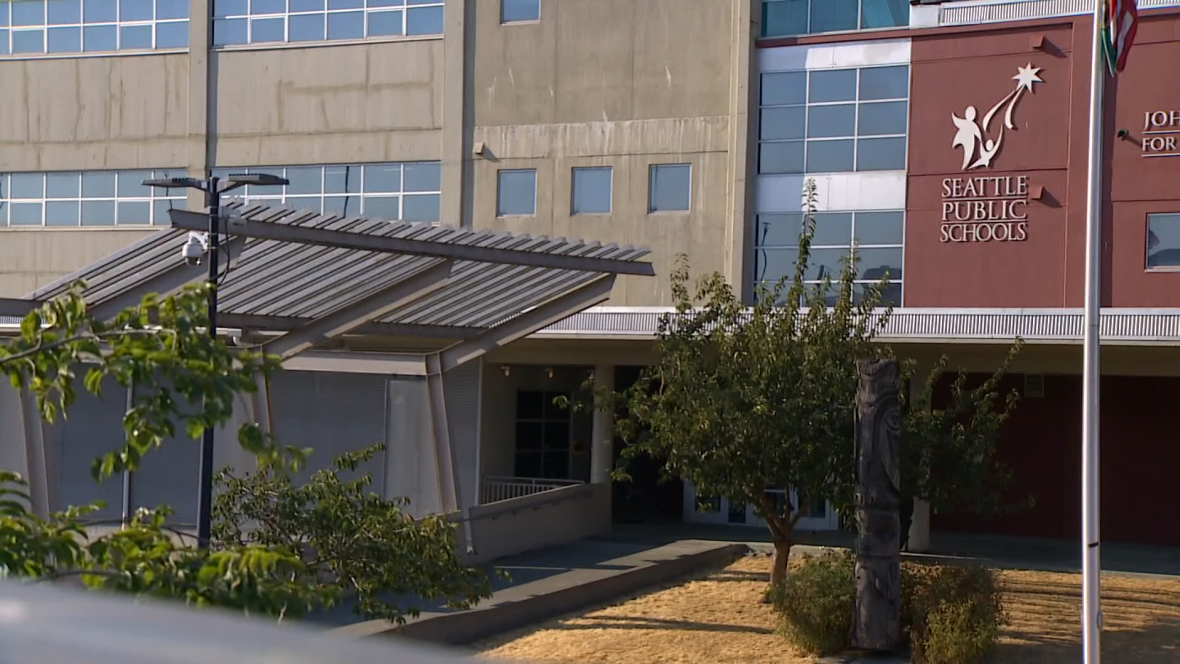If Black male student math performance improves, all students benefit, Seattle school district theorizes
Seattle Public Schools superintendent Brent Jones told the School Board that improving math and reading results is difficult on top of the already challenging task of catching students up after pandemic learning losses.
Seattle Public Schools (SPS) officials are using various strategies to boost the math and reading proficiency of Black male students, which will — in their opinion — be advantageous to all students, namely other groups of students “furthest from educational justice.”
According to The Seattle Times, Superintendent of Schools Brent Jones has indicated that these two subject areas have been the most difficult for Black male students, especially on top of the already challenging task of bringing them up to speed after pandemic learning losses.
Seattle attracted widespread attention in 2016 for having the fifth-largest gap in academic achievement between Black and white students among the 200 largest school districts in the nation.

In response, SPS established the Office of African American Male Achievement in 2019, a project aimed at incorporating Black male student views across all departments and schools within the district.
The district also created objectives through 2026 based on the Smarter Balanced Assessment (SBA) results. The standardized exam was administered statewide in the spring, including scores for third-grade reading and seventh-grade math.
The goal is for 70% of seventh-grade Black male students to score a “proficient” or higher on the SBA math test by 2026. (The focus on raising scores among these students is part of an initiative to give these kids more science, technology, engineering, math, or STEM opportunities.) However, 45% achieved “well below” proficiency on the Spring 2022 exam. About 24% met or exceeded math proficiency, while 23% received a “below” grade.
The district’s goal for English language arts is for 70% of third-grade Black male students to receive proficient scores by Spring 2024. Nearly 32% who took the standardized English language arts exam in Spring 2022 scored proficient or better. However, this fell short of the district’s target by about 16 percentage points.
Caleb Perkins, executive director of college and career preparation, stated that the math data is “a little bit more concerning,” but pointed out that they only recently started with particular efforts.
Among these efforts is enVision, a new math curriculum whose goal is to help students gain a deeper understanding of math to solve problems more effectively and comprehend why they are solved. It is to be implemented this school year.
“There is a common belief in our society that some people are math people and that other people are not,” said math program manager Elissa Farmer, according to The Times. “Societal beliefs impact what students can do and what educators think what students can do.”
In a first, SPS is also evaluating student experiences through ongoing feedback gleaned from its report, “Our Voice Our Vision: Strategies for Honoring and Supporting Black Excellence In Seattle Public Schools,” which makes recommendations for improving academics among Black students.
The report has spawned at least two initiatives. One is the so-called “climate survey.” Essentially, students indicate how well they believe they will do in math and reading classes. So far, they have been self-reporting much better outcomes than their test scores indicate. “The bottom line,” added Perkins, “is we need to dramatically improve our system to promote literacy and math outcomes.”
There is optimism that the five strategies, which make up the second initiative that the report spawned, will help achieve this for Black male students as well as other students of color, multilingual learners and students with individualized education plans. The strategies are excellent instruction and joyful learning; strong connections and connected families; expanded learning and enrichment; equitable policies and student supports, and opportunity pathways.
“These strategies are grounded in the research and engagement with students and families,” said Jones, The Times reported. “We’ve thought through how each of these strategies and initiatives will lead to improved student outcomes.”
TheGrio is FREE on your TV via Apple TV, Amazon Fire, Roku and Android TV. Also, please download theGrio mobile apps today!


